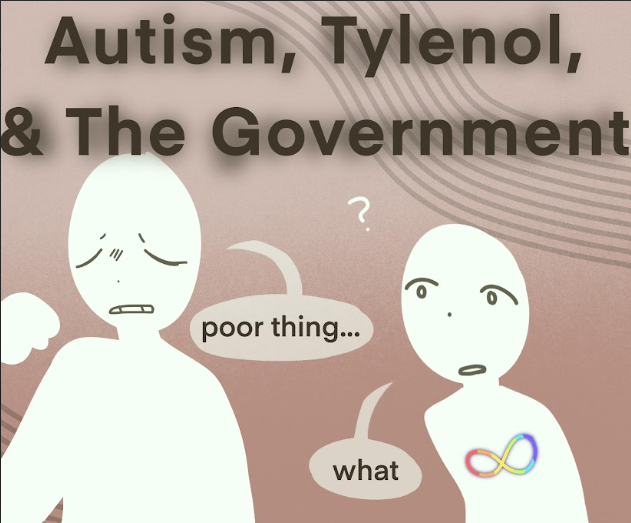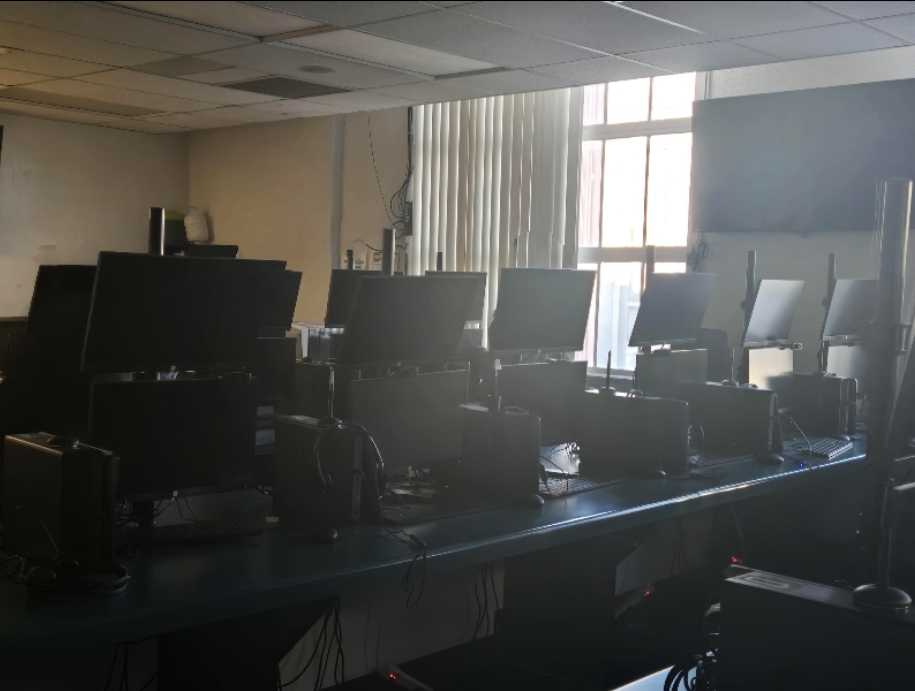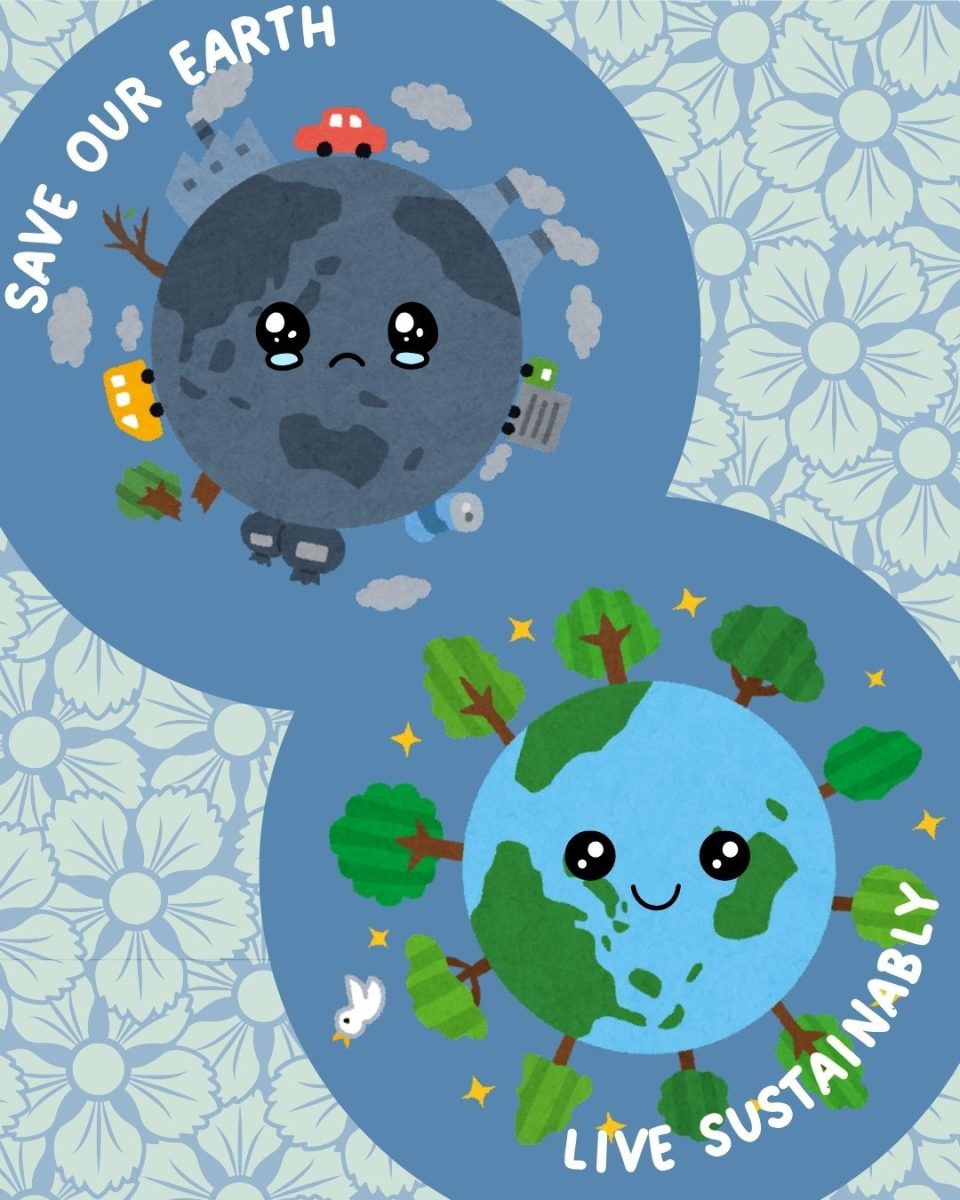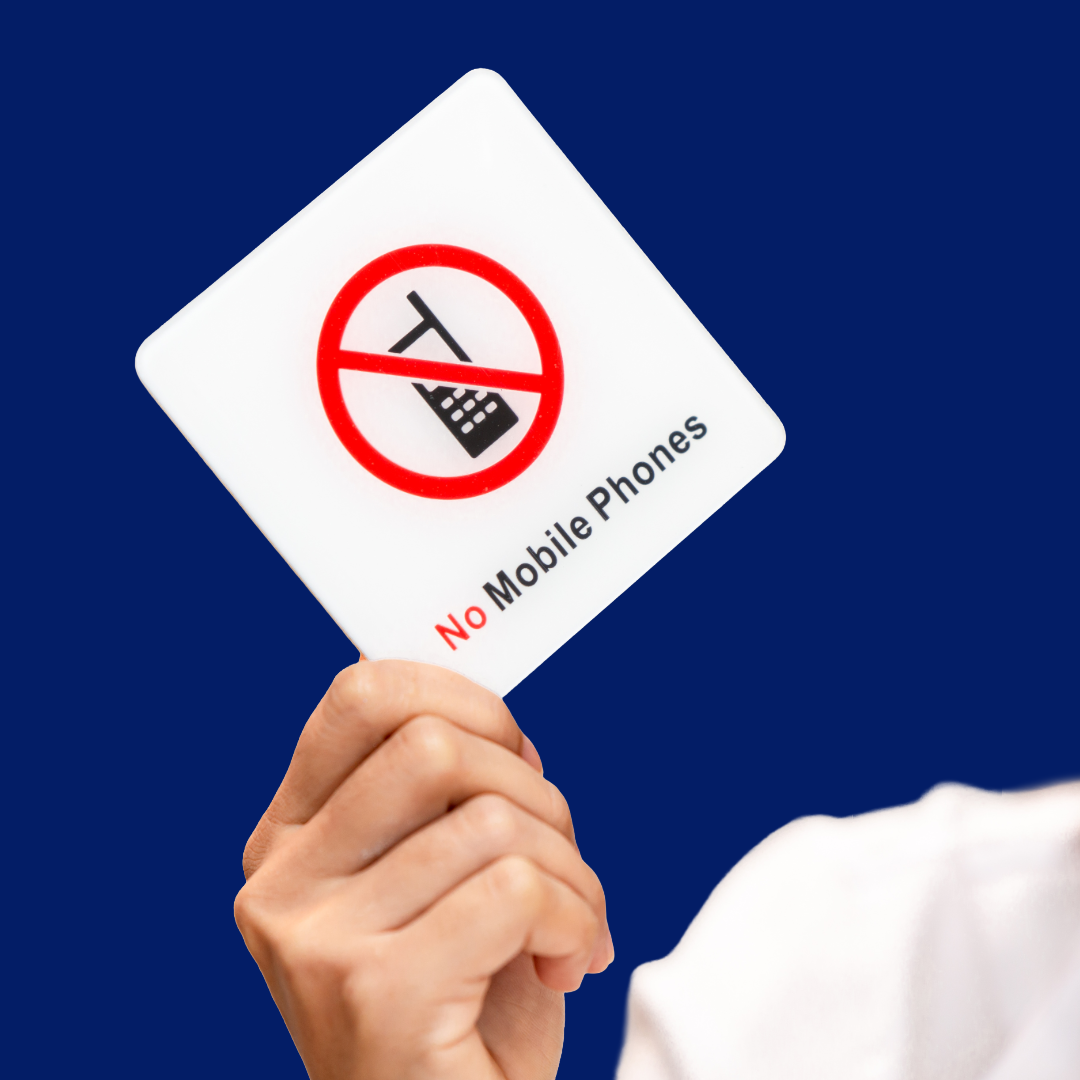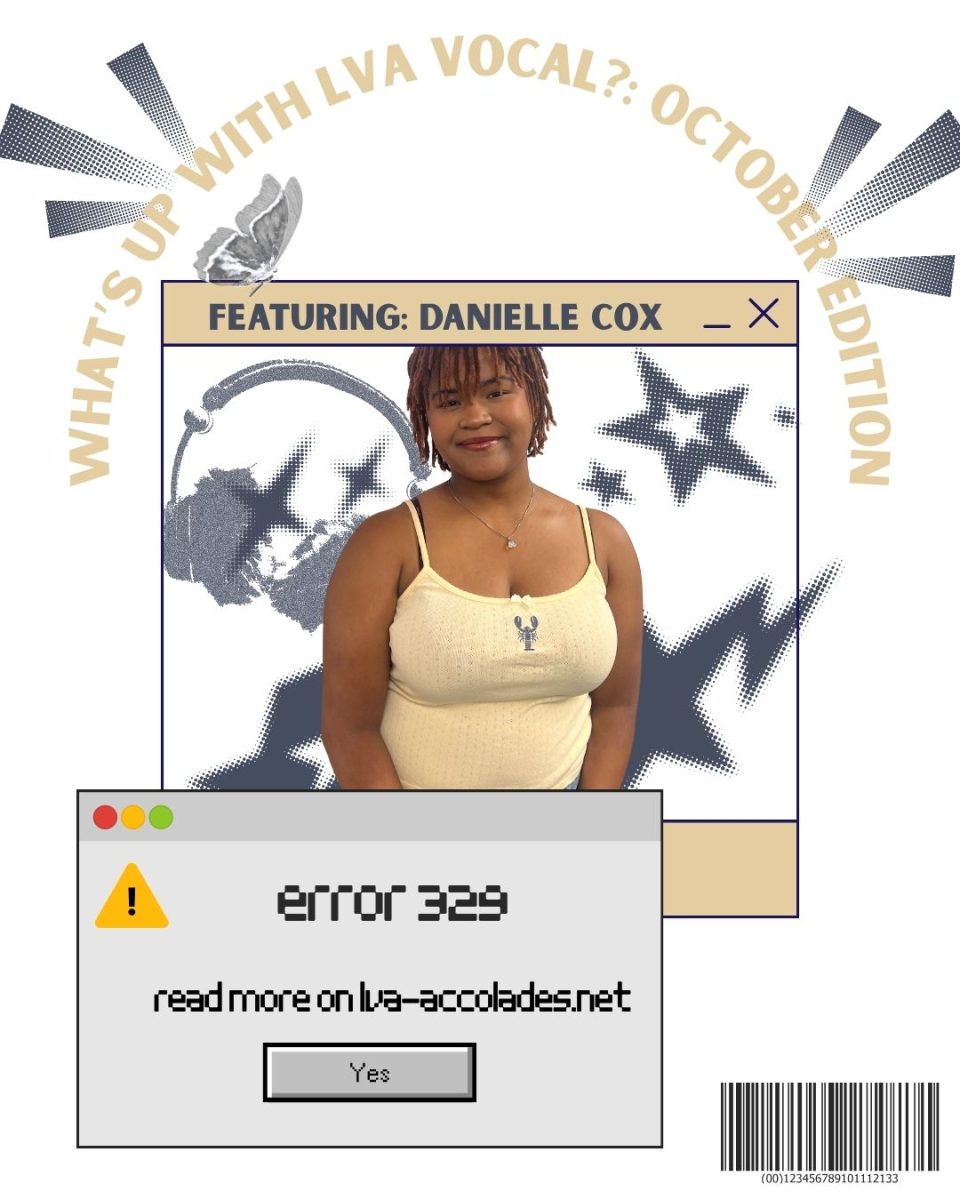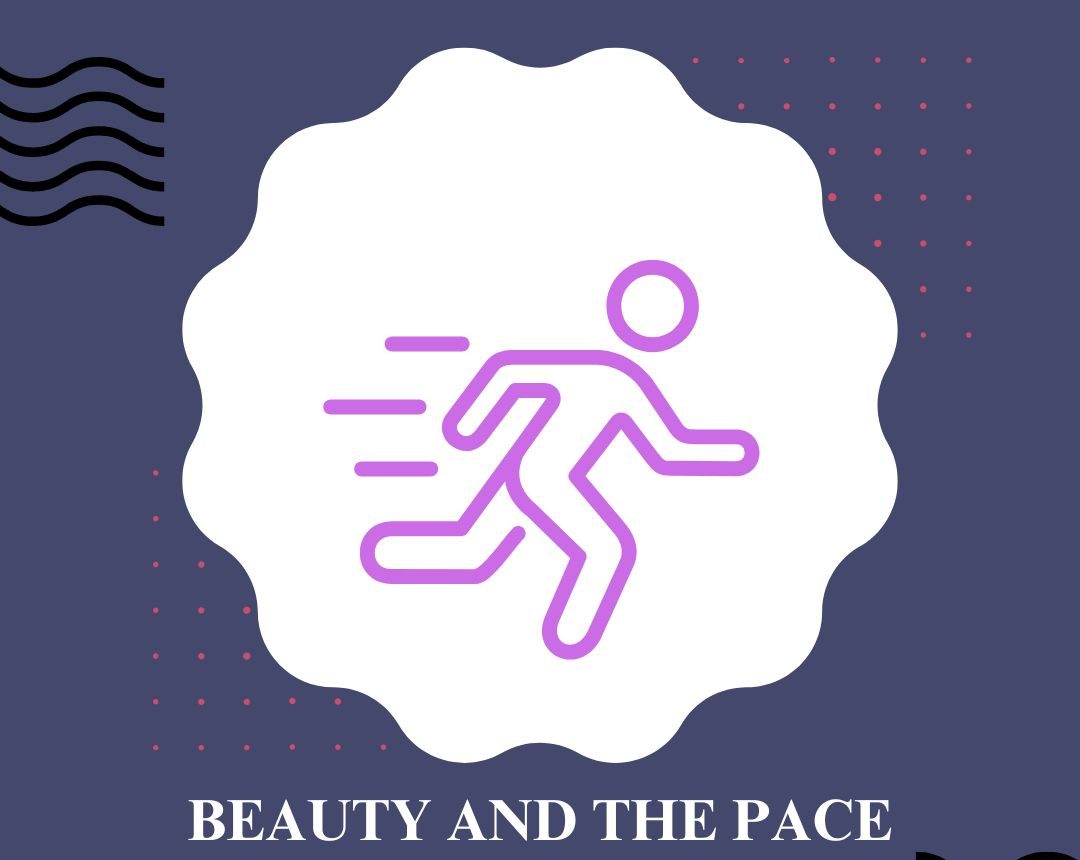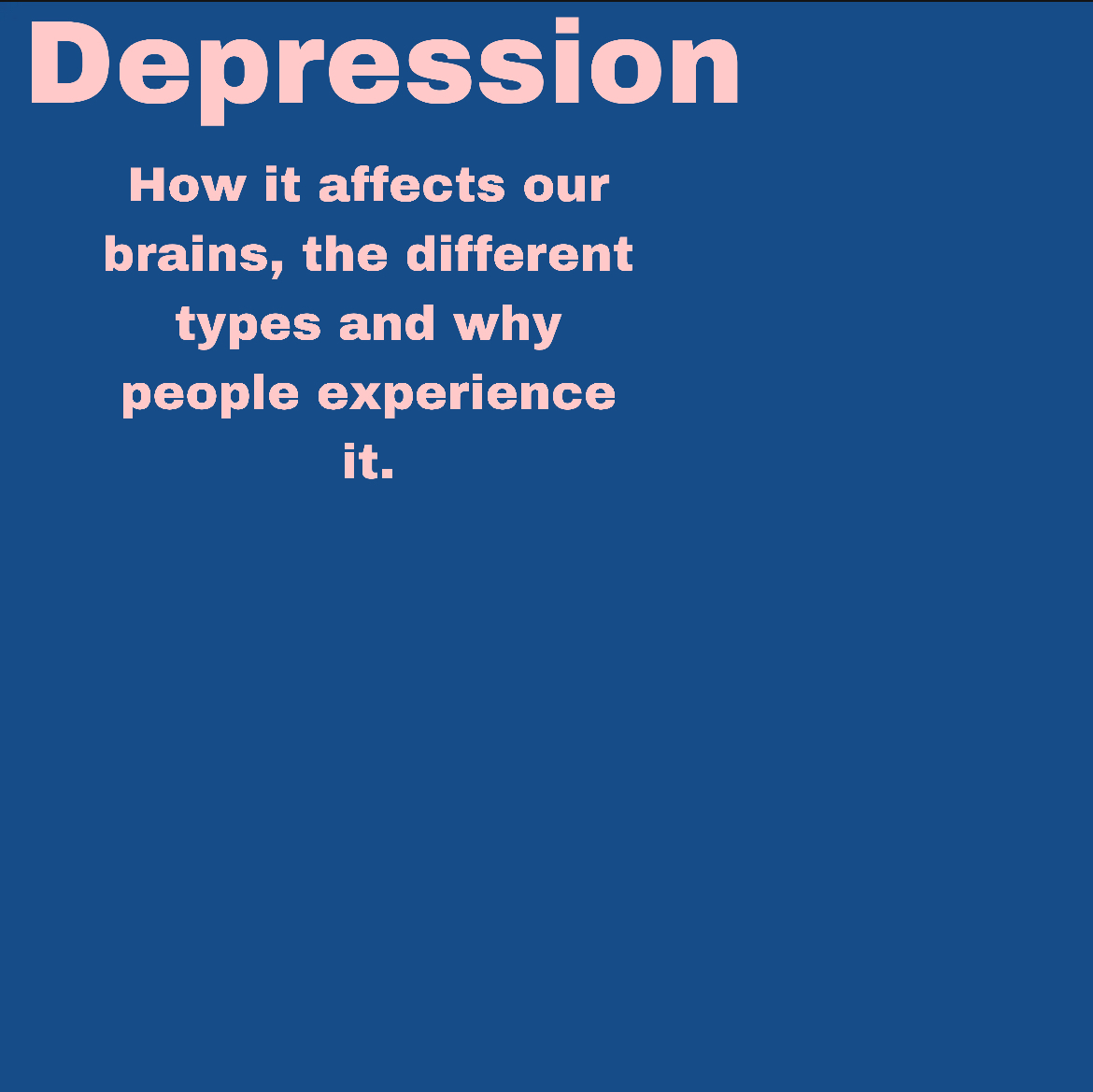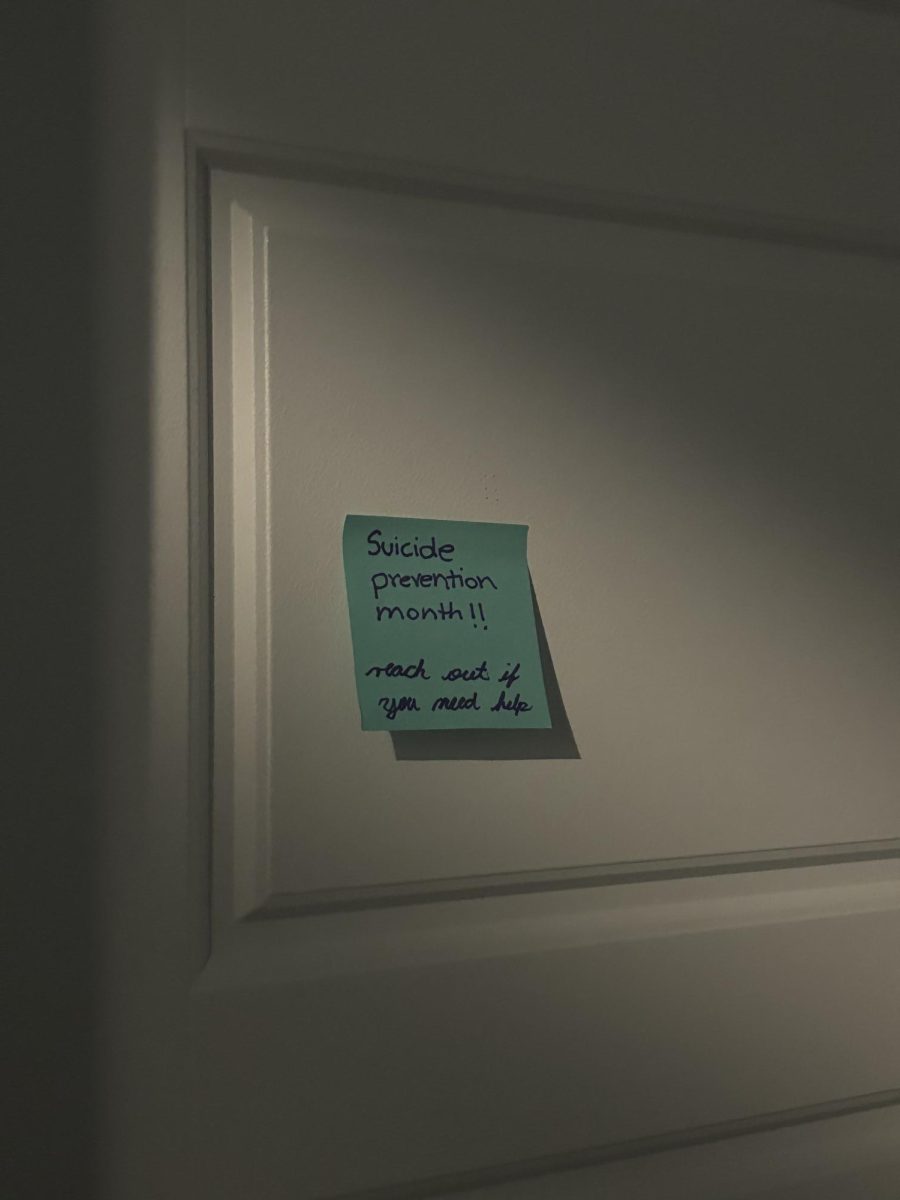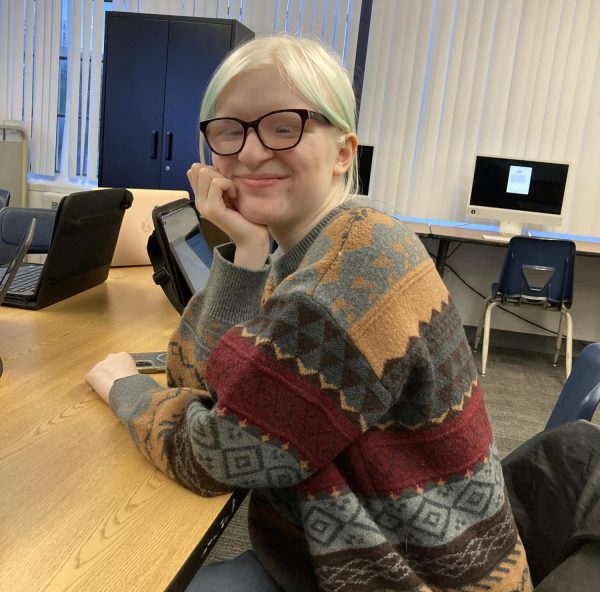The first misconception that needs to be addressed about depression is that many people have experienced depression but this does not mean that they have depression. In order for depression to be classified as such, someone has to deal with feelings of depression for at least two weeks. Depression is so much more than just “being down in the dumps” or “having the blues.” It is a serious mental illness in the brain.
Knowing how to identify depression in your friends or even yourself is very important but there are multiple different types. There is major depressive disorder which is one of the most common and well known depressive disorders. This disorder is described by “a consistent dark mood is consuming them.”
Persistent depressive disorder is characterized by a persistent low mood lasting at least two years for an adult or one year for children or teens. Sometimes a person with this disorder May vary or inconsistent levels of depression.
Postpartum depression is a more well-known depression and occurs after a woman has a baby. It is characterized by anxiety, sadness, or long lasting fear.
Psychotic depression is mixed with psychosis and is when a person has such deep depression that they experience delusions or hallucinations.
Seasonal depression is depression people experience during only specific times of the year. Bipolar depression is not necessarily depression but is actual mental illness is whenever a person with bipolar disorder experiences a major depressive episode.
Doctors believe that depression, like anxiety, is caused by genetics and environmental reasons. When someone has depression they have smaller brain volume as well as problems with the anterior cingulate cortex which is the part of the brain that is responsible for decision making and motivation.
If you are struggling with depression, know you are not alone. Around 3.8% of the world struggles with depression, which may not sound like a lot but that is actually 280 million people.
If your depression is causing any thoughts of self-harm or if you are worried about a friend or family member harming themselves, please contact SafeVoice or the National Suicide Hotline at 988.



